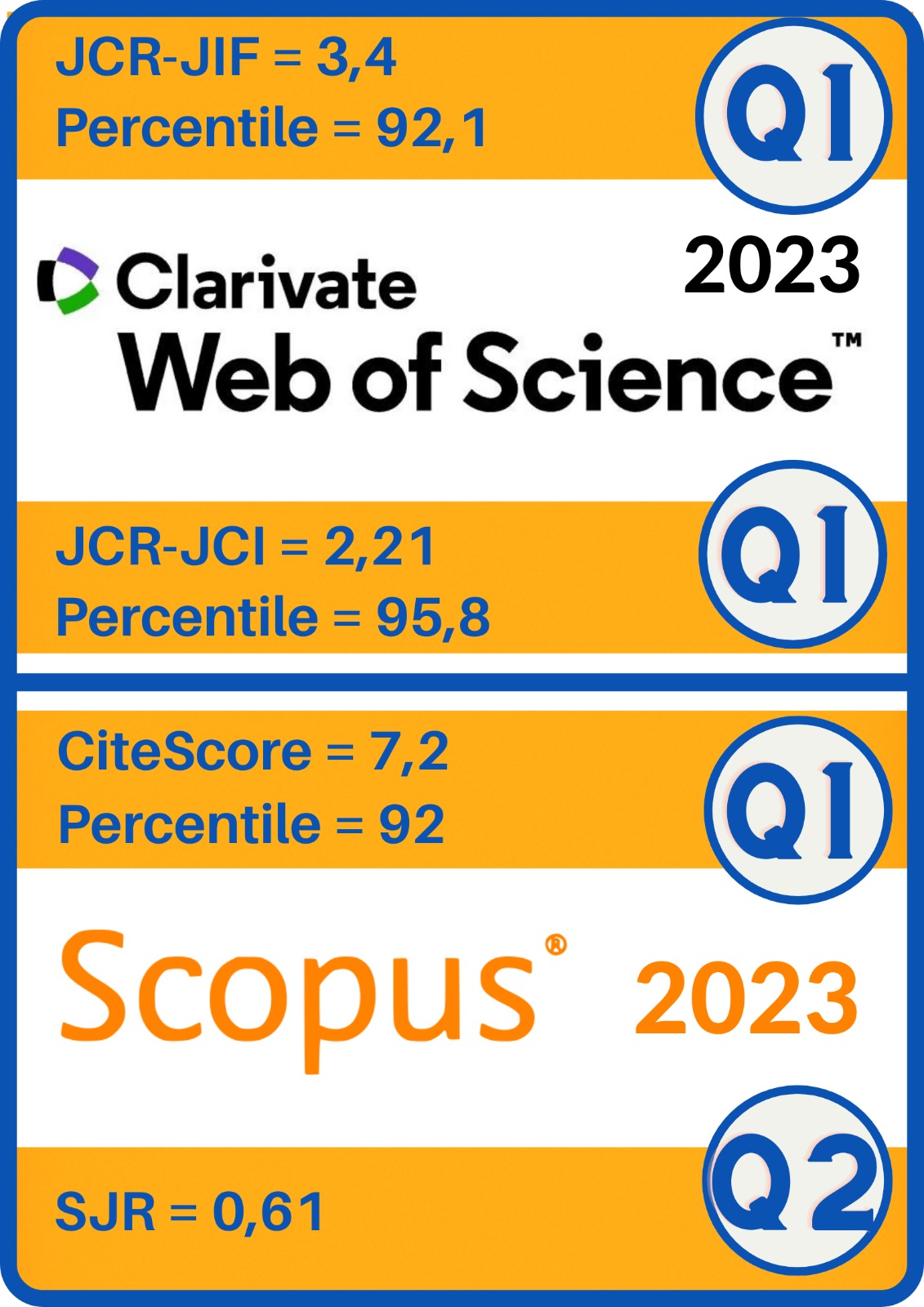WebDL: AN ADAPTIVE WEB-BASED EDUCATIONAL SYSTEM FOR DISTANCE LEARNING
DOI:
https://doi.org/10.5944/ried.3.1.2070Keywords:
web-based adaptive educational system, distance-learning, adaptive hypermedia, intelligent tutoring systems, artificial intelligenceAbstract
University distance learning is benefiting from the intensive use of Internet resources. The variety of information and services offered together with different kinds of students are impeding efficient use of this nzedium. In order to alleviate these problems and other associated ones, a web Site lS being developed to facilita te personalized access to these resources. This site is based on three essential elements: new teaching materials to make the most of the medium, alterno tive teaching organization adapted to the requirements of the different protagonists (students, lecturers and tutors) and an interactive system, WebDL, which facilitates personalized and adaptive access to information and communication requirements to each and every user at each and every moment. To date, the resources and material for three computer studies courses are being developed at UNED, whose de-livery depends on the Artificial Intelligence Department. This paper focuses in WebDL’s description, its componentS and its functionality.Downloads
Downloads
How to Cite
Issue
Section
License
The articles that are published in this journal are subject to the following terms:
1. The authors grant the exploitation rights of the work accepted for publication to RIED, guarantee to the journal the right to be the first publication of research understaken and permit the journal to distribute the work published under the license indicated in point 2.
2. The articles are published in the electronic edition of the journal under a Creative Commons Attribution 4.0 International (CC BY 4.0) license. You can copy and redistribute the material in any medium or format, adapt, remix, transform, and build upon the material for any purpose, even commercially. You must give appropriate credit, provide a link to the license, and indicate if changes were made. You may do so in any reasonable manner, but not in any way that suggests the licensor endorses you or your use.
3. Conditions for self-archiving. Authors are encouraged to disseminate electronically the OnlineFirst version (assessed version and accepted for publication) of its articles before publication, always with reference to its publication by RIED, favoring its circulation and dissemination earlier and with this a possible increase in its citation and reach among the academic community.








